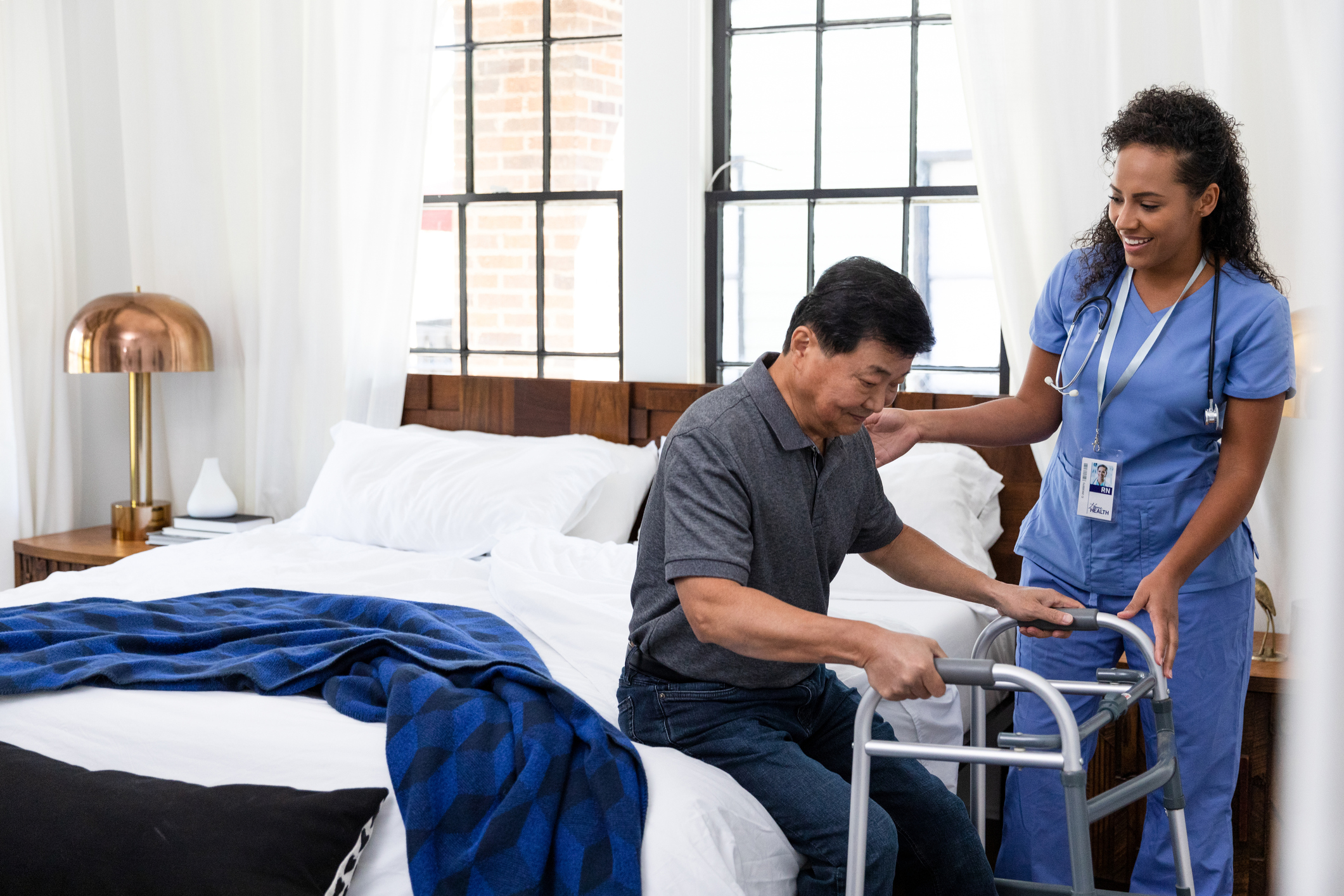Diagnosing autism spectrum disorder is often delayed because it can be tough to identify. Yet, the earlier it is diagnosed, the more likely there will be better outcomes from treatment at critical stages of development. SynapDx is developing a blood test to identify the condition in children as young as 3 years old. It has raised $15.4 million in a financing round led by new investor Google Ventures, according to a press statement.
It brings Google’s life sciences portfolio companies to 10.
In exchange for its investment, Google Ventures’ Andrew Conrad will sit on SynapDx’s board. Just the other month, LabCorp, where Conrad was a chief scientific officer, invested $2 million. Another new investor is Foundation Medical Partners, which has a strategic limited partnership with the Cleveland Clinic. The funding will be used to support the development of the autism spectrum disorder diagnostic as well as its broader goal of developing tests for other pediatric neurodevelopmental disorders.

With the Rise of AI, What IP Disputes in Healthcare Are Likely to Emerge?
Munck Wilson Mandala Partner Greg Howison shared his perspective on some of the legal ramifications around AI, IP, connected devices and the data they generate, in response to emailed questions.
SynapDx’s test assesses differences in RNA gene expression to determine risk factor for autism spectrum disorder for each child. It’s one example of the growth of personalized medicine. It believes its approach will allow it to identify autism earlier than the current age of 4.5 years old. One goal of the diagnostic will be to distinguish patients with ASD from patients with other developmental disorders.
The technology behind the diagnostic was initially proposed in 2006 by Valerie Hu, a professor at George Washington University Medical Center, and was subsequently licensed from Boston Children’s Hospital.
The company has been doing a clinical study of 600 children to validate performance characteristics in children at risk for ASD.












